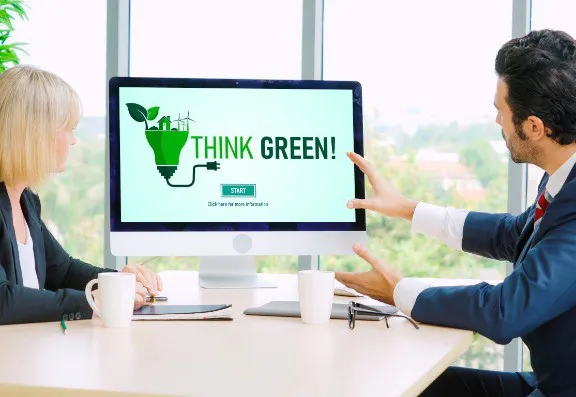The resultant increased costs of fuel and food, and reports of mass crop failures in England linked to record temperatures, have made sustainability issues more real for people, reflecting an increased sense of personal vulnerability and impact.
The 2022 edition of Mintel Consulting’s Sustainability Barometer reflects that reality check from a consumer perspective, with concerns around climate change, water and reported potential food shortages being prioritised ahead of previous preoccupations with waste and plastic.
In the report, 39% of UK residents polled said that “extreme weather events (i.e., flooding, heatwave) would encourage them personally to do more activities to protect the environment”, with 53% of UK consumers agreeing that “if we act now, we still have time to save the planet”.
Global figures, reporting feedback from the 16,000 consumers surveyed online, indicate positive shifts towards people walking more often instead of taking transport or travelling on public transport more than they had in the previous 12-month period.
Mintel also reported that “Just as many governments see the pressing need to wean themselves off supply lines prone to disruption and price volatility, the energy crisis has enhanced consumers’ desire for clean, efficient home energy and/or independence with an increased desire to install solar panels, smart thermostats and better insulation”.
When asked about solutions that they perceived to have a high-to-moderate positive impact on the environment, Mintel reported that “consumers are especially supportive of forestation and conservation projects, closely followed by investments in renewable energy and clean home fuel initiatives”.
A pertinent point for any business owner is highlighted when consumers are asked about attitudes to businesses and sustainability issues. Mintel reported that “some 27% of consumers think companies are “most responsible” for increasing the use of renewable energy, 32% for reducing emissions from vehicles and 46% for increasing the amount of packaging that is recycled”.
One of the most interesting points highlighted in the report was the “value action gap” between declared intent and actual behaviour.
One prime example was the gap between people agreeing with and performing the simplest, most commonplace, and costless sustainable tasks - for example, recycling packaging - where 82% of people agreed, but only 59% actually took action.
This “value action gap” was also reflected in the health and community-orientated questions where people want to display an image of being personally health conscious and be perceived as being “good” from a community perspective, but the reality can often fall short of intentions.
And, of course, helping people with buying decisions around these intentional goals and making people feel and look good is an aspirational marketing goal for most businesses.
The aesthetic industry is intrinsically all about helping people to look and feel better about themselves. However, being good at promoting and delivering aesthetic outcomes may not be enough to effectively compete in an increasingly competitive marketplace without also incorporating some specific sustainability messaging.
The 2022 Global Beauty and Personal Care Trend Report highlights that “consumers (especially Gen Z) are pushing back for bigger moves from companies to help move the needle faster on issues like climate change”.
In particular, they are looking for some form of signalling that companies and brands are addressing the environmental issues affecting us all, with meaningful goals and progress updates against these goals that display that they are invested in making a positive change.
However, Mintel also reported that “over one-third (38%) of consumers don’t trust companies to be honest about their environmental impact”.
Concerns around “greenwashing” have made it more challenging for all companies to discover what kind of communications and information can overcome this barrier.


